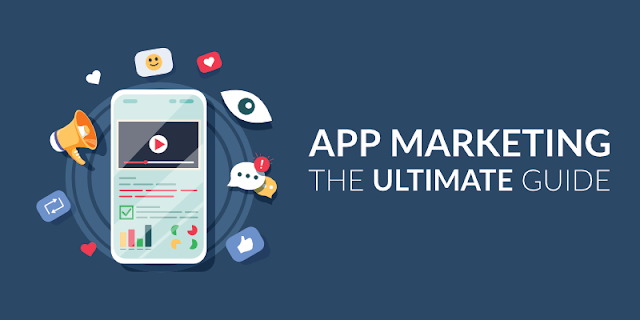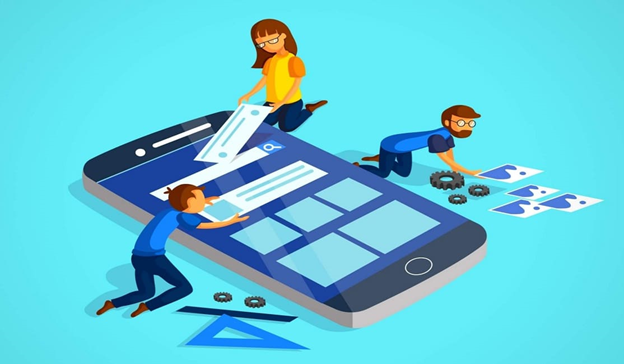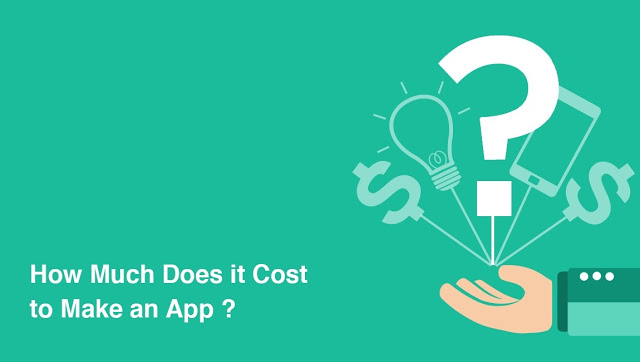
Many people spend 4-6 months building an app yet their launch plan amounts to nothing beyond getting their app in the app stores. It might seem crazy to spend any time and money on a potential new business and then not have a marketing plan to help launch and scale it. There's a simple reason though why launching an app is often left to chance: it's easier to focus on what's in your control than what isn't.
Implementing a feature, refactoring some code, or tweaking a button color are all items that you can do yourself. That doesn't mean you'll make the right choice, but you can operate independently on each of them. Comparatively, attracting attention to your app after launch seems completely outside of your control. Convincing a user to review your app, a press outlet to write about it, or the app stores to feature it all rely on external dependencies. It's difficult to come to terms with that lack of control, much more to formulate a launch plan in spite of it.
Use Promo Codes Before the App Goes Live
A still little-used technique is sharing promo codes for an app that is approved but not yet live. That means that you can invite people to look at a final, App Store version of an app without it being available to everyone else. This strategy allows press contacts in particular to review the app should they want to cover it when it formally launches.Put Together an App Press Kit
An app press kit makes it much easier for anyone to write about your app. At a minimum, you should include your app store screenshots, app icon, app store description, and the app store links. When we create press kits, we also often add a brief video demo—no more than a minute long—and some "hero" imagery that tells the story of the app.We regularly see press contacts leverage all of these assets, which makes their jobs easier and helps us have a consistent presentation of the app (more on that later). As a bonus, hosting your press kit on a place like Dropbox also allows you to tweak the contents in real time.
Leverage App Short Links
There will be several important links you'll send to contacts and share on social media. Every link except for the one for your website itself will be extremely long. App store links in particular can take up multiple lines in an email. Video demos hosted on YouTube or Vimeo also contain a bunch of random characters.Have a Support System Ready to Go
Most apps creators don't think about customer support as a part of app marketing. That's a huge mistake. While you shouldn't assist your users just because you consider it a marketing activity, offering amazing customer service will often result in a marketing boost. You'll see higher app store ratings, less churn, more word of mouth, and comparable items.Ensure you continue to collect common user questions through your beta and pre-launch period. Doing so will allow you to populate a FAQ or knowledge base and have it available on launch day. The additional benefit of a knowledge base is that it addresses the easy, everyday questions your users send your way, allowing you to focus on the most important feedback.
Craft a Consistent App Message
There's a reason why people who participate in interviews or speak to the public are prepped rigorously: they need a clear and consistent message. Your app is no different. If you don't frame and position your app in the market, others will do it for you.Take the time to think about why people will care about your app. Consider the benefits to users and understand that the features you've built support those benefits (and not vice-versa). Know what your key marketing message is and use that often, especially when trying to grab someone's attention. Then, ensure you use this messaging over and over again, whether in your app store listing, website, app press kit, outreach messaging, and similar items.
Make Your Website Your App's Marketing HQ
In the age of apps, don't undervalue your website. Potential app users continue to use websites to explore whether an app is even worth downloading. More traditional press will also often not link directly to an app but instead push visitors to a website. If you have multiple apps or support your app on different platforms, a website can also better help funnel people to the right place.Your website should more generally be what you consider your marketing headquarters. It will contain your key messaging, as well as link to your press kit, your support portal, your apps, blog, how to contact you, and more. Don't forget that a strong website can also help you drive downloads through organic search.
Prepare an Official App Announcement
Yes, you should announce your app is officially launched. Plan ahead of time what time you'll release your app and what time you'll announce and launch it. Those times should not be the same.Although app stores are faster at propagating than they used to be, it's still a good idea to release your app the night before your launch. Along with that, you should update your website to the more detailed launch version. The full version includes all the information you want users to know about your app as well as links directing them to download it in the app stores. You can hold on to your blog post though until the official announcement occurs, usually in the morning. When ready, publish your blog post, send out a newsletter, and post your social updates. Some people also choose to do a separate press release, but most can simply use a blog post for this purpose. It's also a nice gesture to reach out to any press contacts to let them know you've officially launched. Remember to stay on message across all of these outlets.




